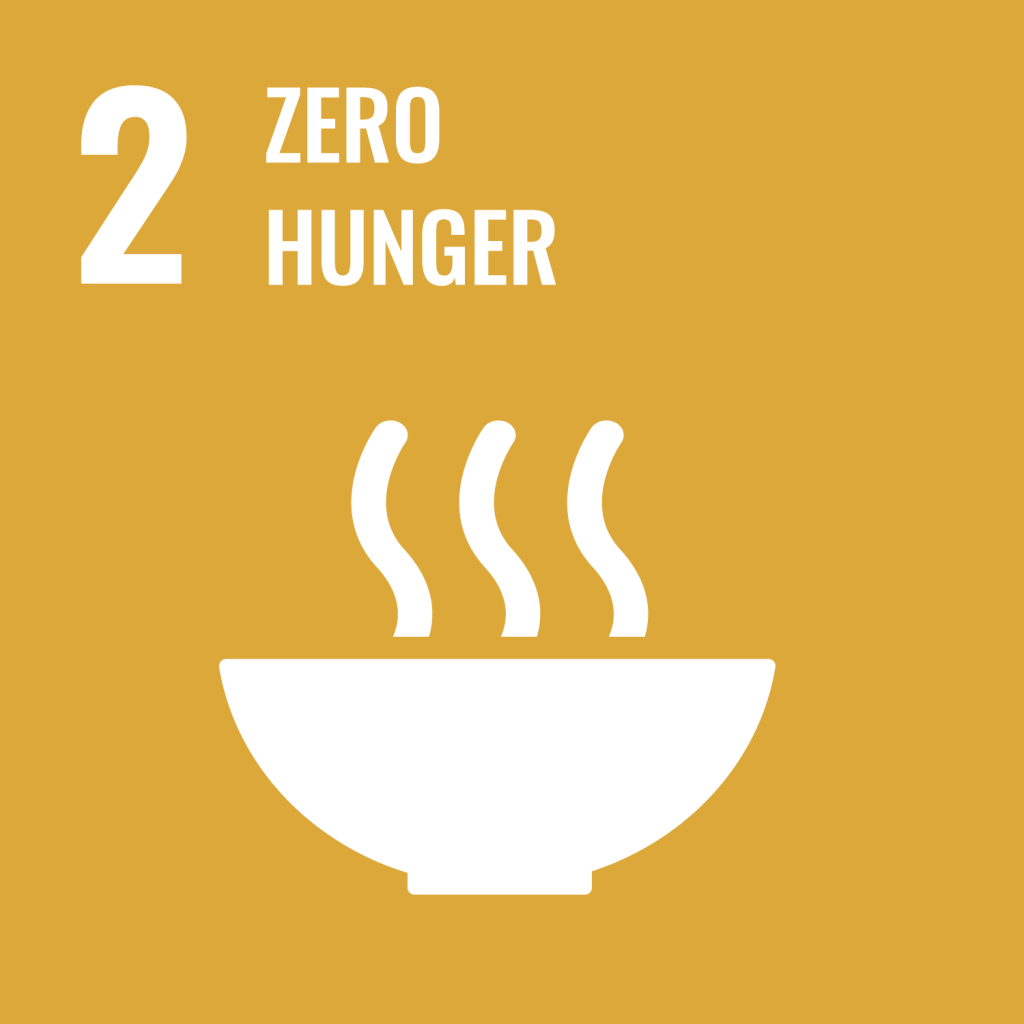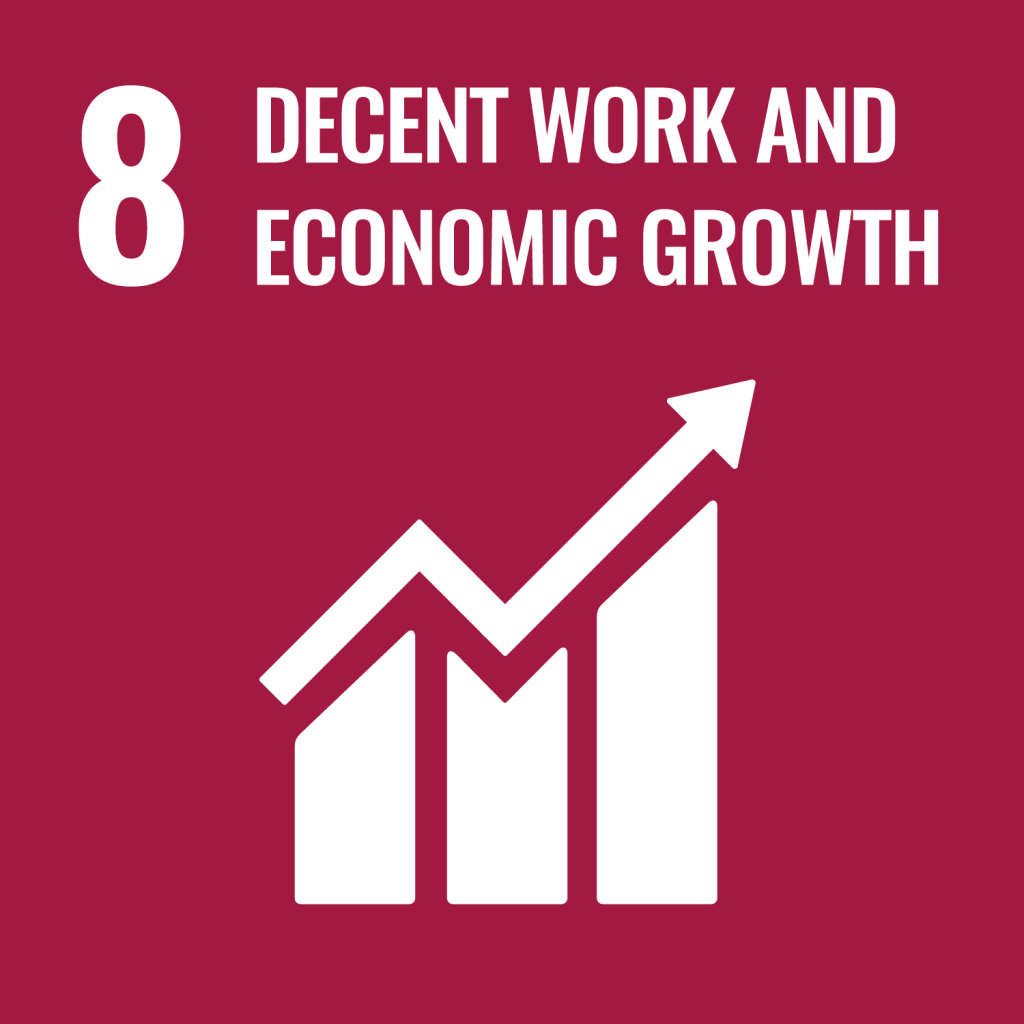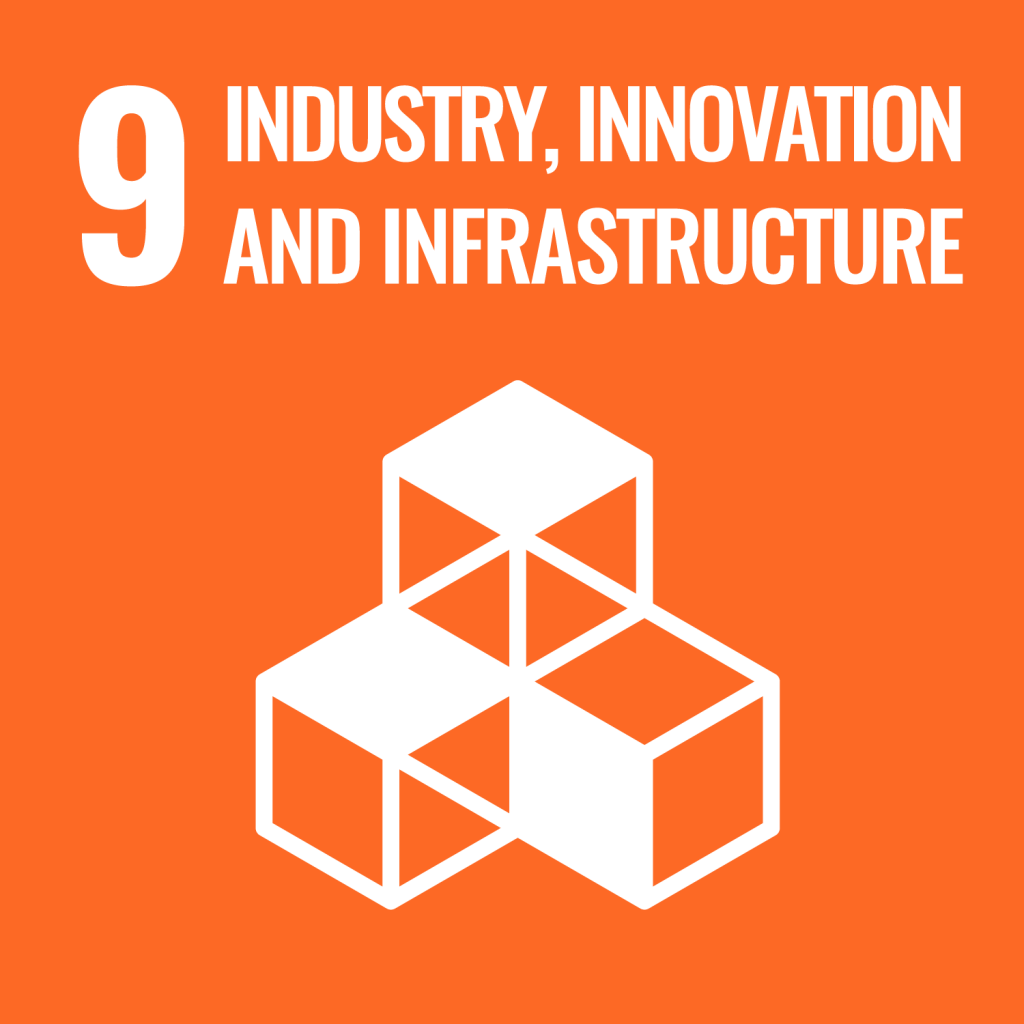100 Km Food
Small (10-49)
Tertiary
Wholesale Trade
Lesson
Seek out values-aligned financial partners with established sustainability practices who understand that implementing social practices requires greater business investment. In addition, building informal networks, from suppliers to consumers, to add and validate sustainability value can create business opportunities and form long-term company identity and reputation value.
Background
100Km Foods is a wholesale local food distributor founded by Paul Sawtell and Grace Mandarano in Toronto, providing a direct conduit between chefs and local farmers. The company started by creating a roster of twelve farms that were both local and sustainable, establishing a sustainability-oriented food sourcing model for city restaurants. They began canvassing farmers and chefs to see if there was a need for their business idea. They found that the answer was a resounding ‘yes’, and 100KM Foods formally began in 2007. They now deliver vegetables, fruits, cheese and cured meats, dairy and eggs, oats and dry goods and beverages produced by local farmers.






Sustainability Story
The company began as a local food distributor with the mandate to work with small- and medium-sized farmers employing sustainable business practices. 100Km Foods intended to give local farmers access to urban markets that were difficult to access. In the beginning, it was easier for customers to access produce from California than from farms ‘right down the road’, but as the company sought to operate based on their core value that farmers should set their own prices and sell sustainable produce to local markets, the economics and business viability where at the centre of the business design, which included emphasizing fair labour practices and wages. As a result of their efforts, the food delivered by 100KM Foods sees a 92% reduction in food miles versus the Canadian food average. The company embeds sustainability at the core of the business and informs all business actions to work with regenerative and sustainable farming and farm business practices. The company continues to host on-farm consumer visits to view regenerative local agricultural processes, and works to build trust with consumers regarding quality of products and transparency of firm food sources. To date it calculates it has purchased CAD$35M food supplies from majority local sustainable small farmers.
100 Km Food Practices
| Procurement and promoting of sustainable products for urban markets | Living wage and employee wellbeing | Reducing distance that food travels |
|---|---|---|
| Supporting regenerative agriculture on local farms; Potential future tracking of environmental impact of specific regenerative agriculture practices. Specific targeting of end consumers to make offering financially viable and identifying suitable suppliers | Hire staff aligned with organization mission & values; pay living wage (not minimum wage) and provide benefits including health and food at-cost. | Design a business model based on sourcing food from local peri-urban farming operations within a 100 Km radius to reduce carbon, support local economic development and promote sustainable farming. |
Pathway Map
Procurement and Promoting of Sustainable Products for Urban Markets
View the Pathway MapReduce Distance That Local Food Travels
View the Pathway MapKey Actors in Ecosystem
Social impact investor: Private equity investment company that accepted the risk and long term profit margin for a company undertaking sustainability oriented practices, including living wage which would traditionally affect the bottom line.
Local research organization: The company utilized their market research in creating a roster of farms deemed both sustainable and local.
Food Community Centre: partner to provide pro-bono or significantly discounted fresh food to enable food access to vulnerable groups.
Enabling Factors for Practices
| Internal to the organization | External to the organization |
|---|---|
| Vision: The co-founders vision and commitment to promoting regenerative agriculture in the region. Their effort is reflected in the way the company architecture is organized, including logics, research and advocacy work for sustainable farming. | Supplier Farms: Personal relationships with like-minded business owners, enabling discussions on ideas and challenges for business. Certified B Corporation: must meet verified standards for social and environmental responsibility |
Arresting Factors for Practices
| Tradeoffs: Balancing investments into technology and efficiencies to reduce carbon clash with other investments related to sustainability, such as living wage. Greater incentives or financial resources are needed to accelerate expanding practices. | Investors: seeking double-digit returns without accommodating social impact investments by firms. No external standards: on regenerative agricultural practices. Lack of tools and benchmarks for regenerative practices. Market Pricing: Some food items are too cost-driven to fetch prices covering regenerative practices Labour-intensive regenerative processes cost more than commercial processes Start-up wages for managers are lower than going market rate in urban area Costs: Cost of using biofuels and electric vehicles for delivery is prohibitively expensive for firm's revenue model Existing food system infrastructure is set up to facilitate large quantities shipped a long distance |
